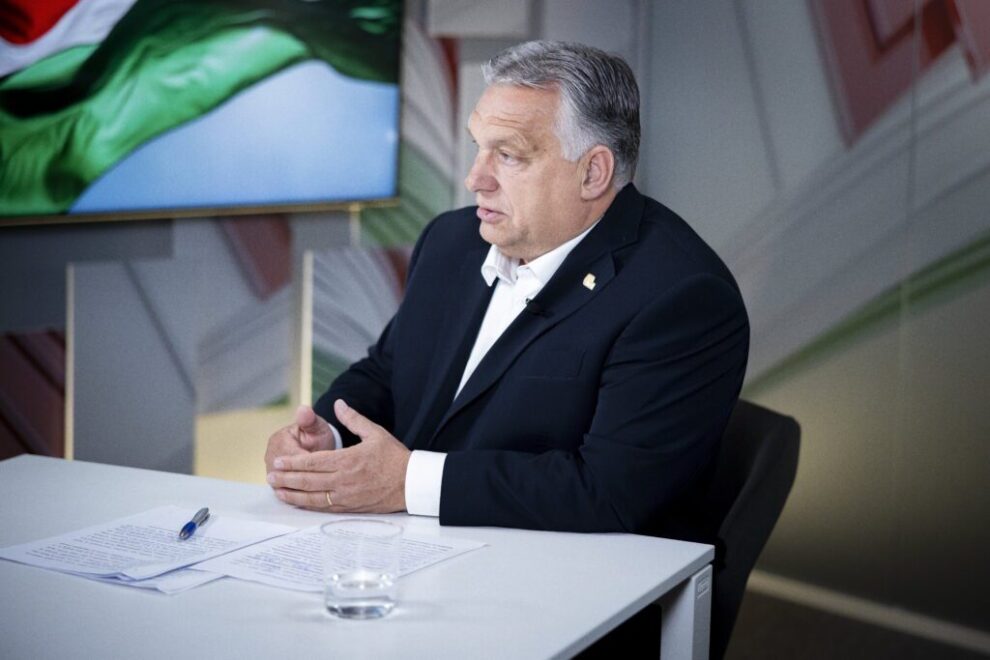Romanians are increasingly sympathetic to the Hungarian government’s sovereignty and condemn the Romanian government’s servile and incompetent behavior. This was written by former Romanian Foreign Minister Adrian Severin in an opinion piece on the Hungarian-Romanian prime ministerial meeting, writes the news portal, Maszol.
“Transylvania remains the heart of Romania and the lungs of Hungary, hence we need to work together so that the heart and the lungs can work without interfering with each other,” former Foreign Minister Adrian Severin began his article published on the cotidianul.ro portal.
The former social-democrat politician speculated on the motive behind the meeting between Viktor Orbán and Marcel Ciolacu. He concluded that the Romanian prime minister was only interested in votes, so now he could sit at the table with a prime minister under EU sanctions to win the votes of Romanians who are fed up with politicians who are doing everything the West wants.

Prime Minister Viktor Orbán (C) at the Bálványos Summer Camp in Romania. Photo: MTI/Miniszterelnöki Sajtóiroda/Benko Vivien Cher
According to Adrian Severin, Orbán knows that Romanians are increasingly sympathetic to the Hungarian government’s sovereignty and condemn the Romanian government’s allegedly servile and incompetent behavior.
The Hungarian prime minister who arrived in Bucharest in July has played these two cards masterfully,”
he wrote. He added that Viktor Orbán has shown that his sovereigntism is for all Romanians and that the widely criticized Orbán-nationalism is in fact an anti-imperialist wall with which Hungary is also defending the Romanian nation.
Severin also maintained that the Hungarian prime minister showed the Romanians that like them, he has no respect for those who currently govern Romania. On the protest note that the Romanian Foreign Ministry had issued towards Viktor Orbán, Severin suggested that Romanian PM Marcel Ciolacu was either not in control of his government or had handed over control of foreign policy to someone else, contrary to the provisions of the constitution, suggesting that the president could have been in control of the move. The author noted that either way,
Viktor Orbán had no choice but to address the Romanians directly with his proposal to preserve the sovereignty of the two states through cooperation and joint efforts.
Less than a year before next year’s European Parliament elections, the sovereignty issue dominates the European agenda in Romania, according to a recent poll. The majority of those polled – sixty percent – believe that “nation states should be given more decision-making power, even if it limits the decisions of the European Union”. Only 25 per cent think the EU needs more power to function better, even if it leaves less decision-making to nation states.
A poll last autumn also indicated that a majority of Romanians think the Bucharest leadership should pursue a more sovereigntist policy. Sixty-one per cent support this line of thinking as opposed to a globalist policy. Support for the latter stood at just sixteen percent.
Source : Hungary Today















